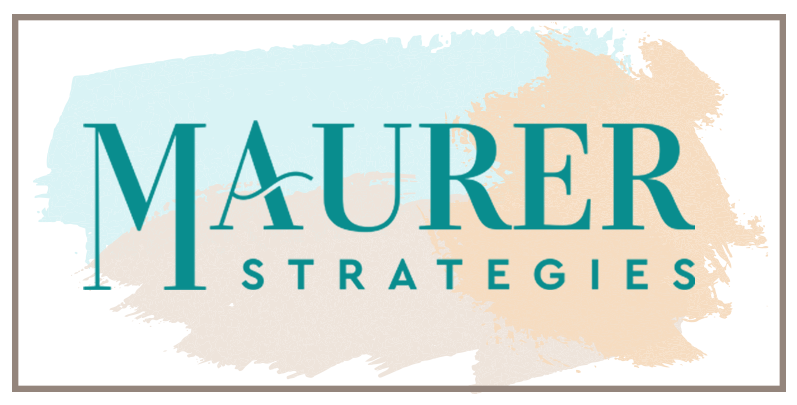
Trainings
Check out our available courses
The below Maurer Strategies courses provide participants with an understanding of the value of Risk Communication principles in public presentations. By mastering these skills—Public Speaking, Active Listening, Plain Language Writing, Stakeholder Engagement, and Meeting Facilitation—in emotionally charged settings, professionals can excel in effectively communicating critical information, fostering understanding, and engaging diverse audiences in the decision-making process. The outcome is improved public awareness and a commitment to public engagement
PUBLIC PRESENTATION TECHNIQUES
This course focuses on developing and delivering an effective presentation . Participants will learn essential techniques for delivering impactful presentations that convey complex information to diverse audiences. The course covers strategies for structuring presentations, crafting compelling messages, and using visual aids and body language effectively. Students will also gain valuable experience through practical exercises, such as delivering presentations and receiving constructive feedback. By the end of the course, participants will have the skills to engage and inform the public about risks in a clear, concise, and engaging manner.
PUBLIC ENGAGEMENT
This course explores the significance of identifying key stakeholders and engaging with them early and often. Participants will learn how to identify and analyze ways to reach stakeholder groups, including community members, advocacy groups, HOAs and surrounding neighborhoods, government agencies, religious leaders, and other influential organizations. The course covers techniques for assessing stakeholder perspectives, understanding their needs and concerns, and developing tailored communication strategies. Participants will also examine case studies to understand the benefits of stakeholder engagement on outcomes. By the end of the course, students will possess the skills to effectively identify and engage key stakeholders, fostering collaboration and enhancing the overall effectiveness of risk communication initiatives.
WRITING IN PLAIN LANGUAGE
This course highlights the importance of writing plain language so the audience isn’t lost in too technical or bureaucratic information. The course is aligned with Plain Language guidelines by state and federal law and adopted by the private sector. It equips students with the techniques necessary to simplify complex concepts and communicate information clearly and effectively. Participants will learn strategies for organizing written materials, writing concise and precise sentences, and using visual elements to enhance comprehension. The course also addresses the importance of adapting communication into readability standards so as to reach the largest segment of an audience with limited literacy or English proficiency. Practical writing exercises and feedback sessions enable students to practice their skills and receive guidance on improving their written materials. By the end of the course, participants will possess the ability to produce written materials that are readable and understandable.
